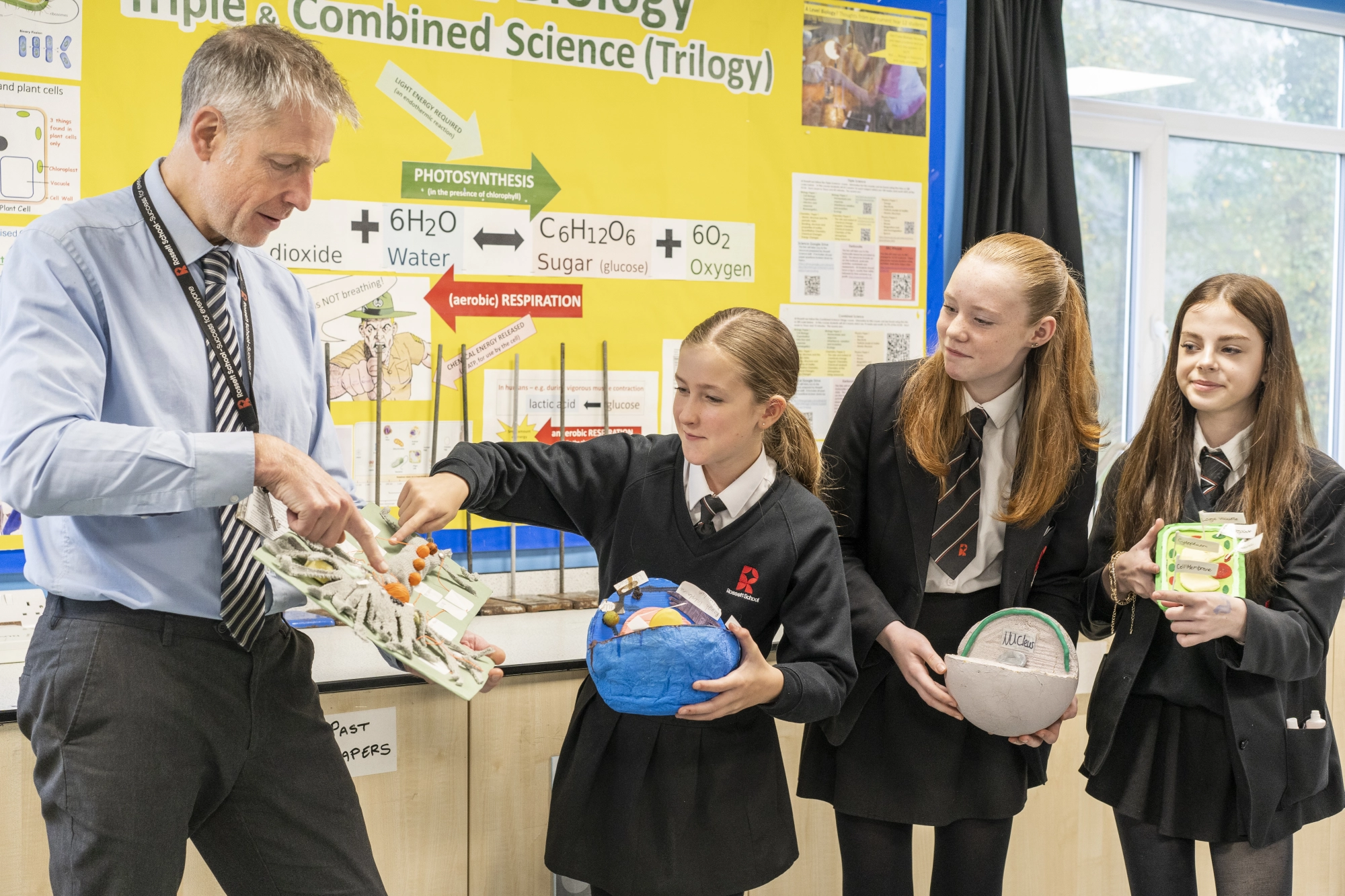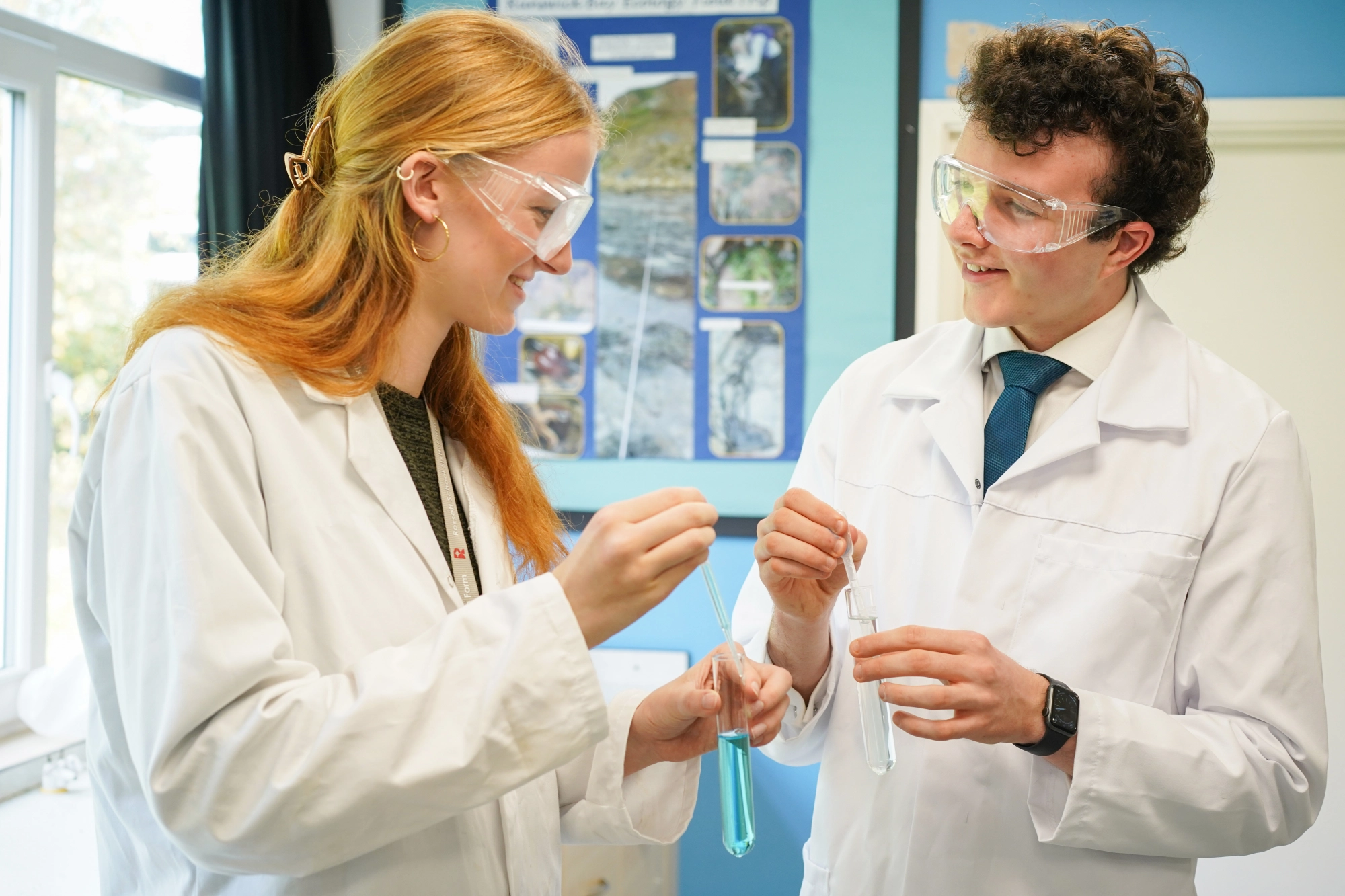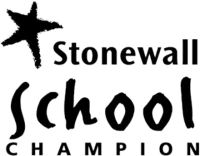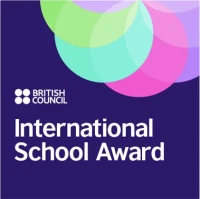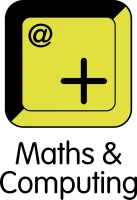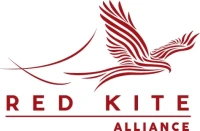Science
“The aim of science is to seek the simplest explanations of complex facts.” Alfred North Whitehead, 1919
Curriculum Principles
Science is a subject that allows students to make sense of the world around them. At Rossett we would like our Science curriculum to allow students to appreciate the beauty of the universe.
At Key Stage 3 our focus is on instilling ‘awe and wonder’ in our students. We would like them to be inspired to understand Scientific principals and learn how to use these to explain scientific phenomena.
At Key Stage 4 we would like to ensure that all our students are scientifically literate so that they can make informed decisions in later life. Science is a crucial subject to our advancement as a species and we aim to further inspire students to study Science at post-16 and beyond.
Curriculum Features
The principal focus of science teaching is to develop a deeper understanding of a range of scientific ideas in the subject disciplines of biology, chemistry and physics. Students should be able to see the connections between these subject areas and become aware of some of the big ideas underpinning scientific knowledge and understanding. Examples of these big ideas are the links between structure and function in living organisms, the particulate model as the key to understanding the properties and interactions of matter in all its forms, and the resources and means of transfer of energy as key determinants of all of these interactions. They should be encouraged to relate scientific explanations to phenomena in the world around them and start to use modelling and abstract ideas to develop and evaluate explanations.
Students should understand that science is about working objectively, modifying explanations to take account of new evidence and ideas and subjecting results to peer review. Students should decide on the appropriate type of scientific enquiry to undertake to answer their own questions and develop a deeper understanding of factors to be considered when collecting, recording and processing data. They should evaluate their results and identify further questions arising from them.
Students should gain an understanding of how to ‘work scientifically’ this will include the process of peer review and how scientific ideas are developed over time. Students should develop their use of scientific vocabulary, including the use of scientific nomenclature and units and mathematical representations.


